What powers does King Charles have?
Alex Salmond snubs ‘Scottish coronation’ predicting that King Charles will be the ‘last king of Scots’
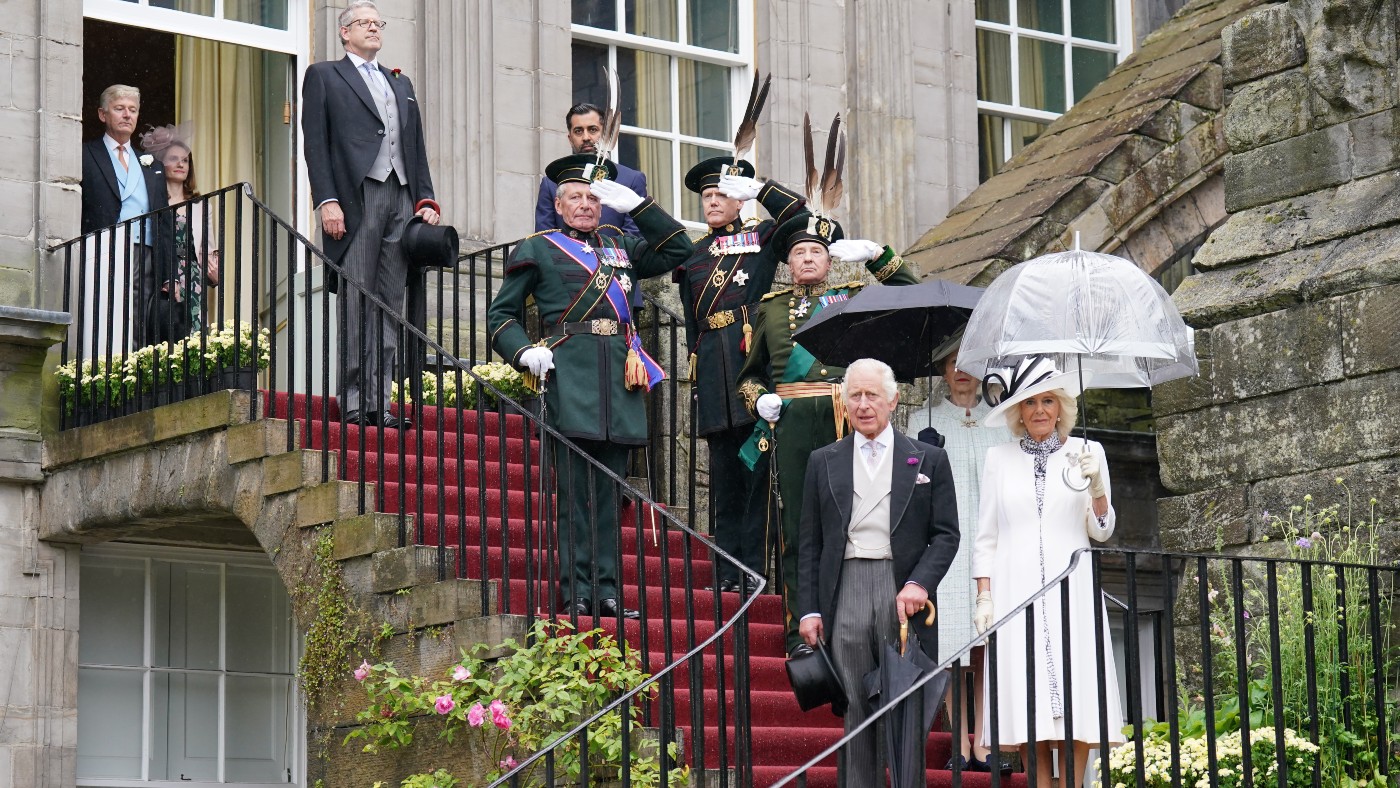
A free daily email with the biggest news stories of the day – and the best features from TheWeek.com
You are now subscribed
Your newsletter sign-up was successful
Scotland is holding a procession and national service of thanksgiving for the King today in what has been dubbed his “Scottish coronation”.
The so-called “second” coronation “symbolises the bond between the monarch and the Scottish people”, said The Times, although not everyone is celebrating. Former first minister Alex Salmond turned down the invitation, predicting that King Charles will be the “last king of Scots”.
The “historic event” dates back to the Union of the Crowns in 1603, added The National. Charles will be presented with the Scottish crown jewels, a priceless crown, sword and sceptre, known as the Honours of Scotland, marking him “not only as the King of England but also King of Great Britain”.
The Week
Escape your echo chamber. Get the facts behind the news, plus analysis from multiple perspectives.

Sign up for The Week's Free Newsletters
From our morning news briefing to a weekly Good News Newsletter, get the best of The Week delivered directly to your inbox.
From our morning news briefing to a weekly Good News Newsletter, get the best of The Week delivered directly to your inbox.
But what power does Charles actually hold over the country and beyond?
A constitutional monarchy and the King’s role
In a monarchy, the king or queen is the head of state. However, as the UK has a constitutional monarchy, the ability to make and pass legislation belongs to Parliament rather than the King.
The monarch retains a symbolic role in government, but must remain politically neutral. They open Parliament every year and all laws passed, including those in the Scottish Parliament, must receive his stamp of approval, a process called Royal Assent. In reality, no monarch has refused to give Royal Assent since 1708, when Queen Anne did so only at the behest of ministers.
Seen by some as a “meddler”, for decades constitutional lawyers debated whether Charles would be a reformist, said Wales Online. But in 2018, he insisted that he would refrain from making interventions or lobbying parliamentarians once on the throne, and that he would “operate within the ‘constitutional parameters’”.
A free daily email with the biggest news stories of the day – and the best features from TheWeek.com
Charles’s formal duties are largely representational, such as embarking on goodwill visits abroad and hosting foreign heads of state. But the monarch does have a few unique legal privileges. Royal.uk, the official royal website, said the King “retains the right to claim ownership of any unmarked mute swan swimming in open waters”. He also claims dominion over all whales, sturgeons and dolphins in the waters around England and Wales.
The monarch is not legally obliged to pay income tax, capital gains or inheritance tax, meaning that Charles has inherited a vast fortune and control of multiple assets and territories from his mother, as well as via his new position as King. He is also commander in chief of the British Armed Forces and immune from criminal prosecution and civil lawsuits.
The King’s role in a hung parliament and other crises
In a straightforward general election, the King would accept the resignation of the outgoing prime minister and then instruct the incoming leader to form a government in his name – but this process is “put in jeopardy if there is uncertainty over the government being formed”, said the Daily Express.
If no single political party wins an overall majority in the House of Commons, the King is left in a sensitive position. He must be kept informed about any negotiations to build a coalition, but cannot exercise any personal discretion over the choice of Downing Street’s occupant.
The King is “bound to respect the nonpartisan obligations of monarchy, enshrined in custom and practice at least since the Hanoverians”, said Simon Jenkins in The Guardian. It is no longer the case that the monarch “might exercise discretion in ‘choosing’ or ‘inviting’ a prime minister most likely to enjoy parliamentary support”.
With no majority, the existing PM is given the first chance to create a government, either by trying to govern with a minority of MPs or by forming a coalition or “confidence and supply” arrangement with another party or parties. If this fails, the largest opposition party is usually invited to try to do the same.
In 2010, as Gordon Brown attempted to reach a deal with the Liberal Democrats, the Queen “very conspicuously removed herself to Windsor Castle to signal her unwillingness to play a part in the formation of a new government”, wrote Philip Murphy, director of History & Policy at the London-based Institute of Historical Research, in an article on The Conversation.
A different crisis arose in 2019 when Boris Johnson tried to involve the monarch in an illegal proroguing of Parliament, to be overturned not by the monarch but by the Supreme Court.
The King and the prime minister
Once a prime minister is in office, the King meets with them weekly and offers counsel. He will read the King’s Speech to open Parliament, although this is written by the government.
The King can technically dismiss a prime minister, but the last time this happened was in 1834 when William IV dismissed Lord Melbourne and his Whig administration and asked Sir Robert Peel to form a government.
Robert Hazell, professor of government and constitution at University College London, told The Guardian that the monarch could dismiss a PM if he or she lost a vote of no confidence and refused to resign. But they “would only do so if the House of Commons indicated clearly who should be appointed as prime minister in his place”.
Defender of the Faith
The King counts among his titles Defender of the Faith and supreme governor of the Church of England. He is not the head of the Church of Scotland, which is presbyterian and recognises only Jesus Christ as its head.
The title “Defender of the Faith” was first used in 1507, when King James IV of Scotland was made Protector and Defender of the Christian Faith by Pope Julius II. In modern times, the title reflects the sovereign’s position as the supreme governor of the Church of England.
In 1994, Charles caused a stir when he said he would be “defender of faith” rather than “Defender of the Faith”, in a desire to reflect modern Britain’s religious plurality.
However, in a speech in September 2022, he returned to a more traditional tone when he referred to the sovereign’s relationship with the Church of England and called it “the church in which my faith is so deeply rooted”.
-
 What is the endgame in the DHS shutdown?
What is the endgame in the DHS shutdown?Today’s Big Question Democrats want to rein in ICE’s immigration crackdown
-
 ‘Poor time management isn’t just an inconvenience’
‘Poor time management isn’t just an inconvenience’Instant Opinion Opinion, comment and editorials of the day
-
 Bad Bunny’s Super Bowl: A win for unity
Bad Bunny’s Super Bowl: A win for unityFeature The global superstar's halftime show was a celebration for everyone to enjoy
-
 Will Beatrice and Eugenie be dragged into the Epstein scandal?
Will Beatrice and Eugenie be dragged into the Epstein scandal?Talking Point The latest slew of embarrassing emails from Fergie to the notorious sex offender have put her daughters in a deeply uncomfortable position
-
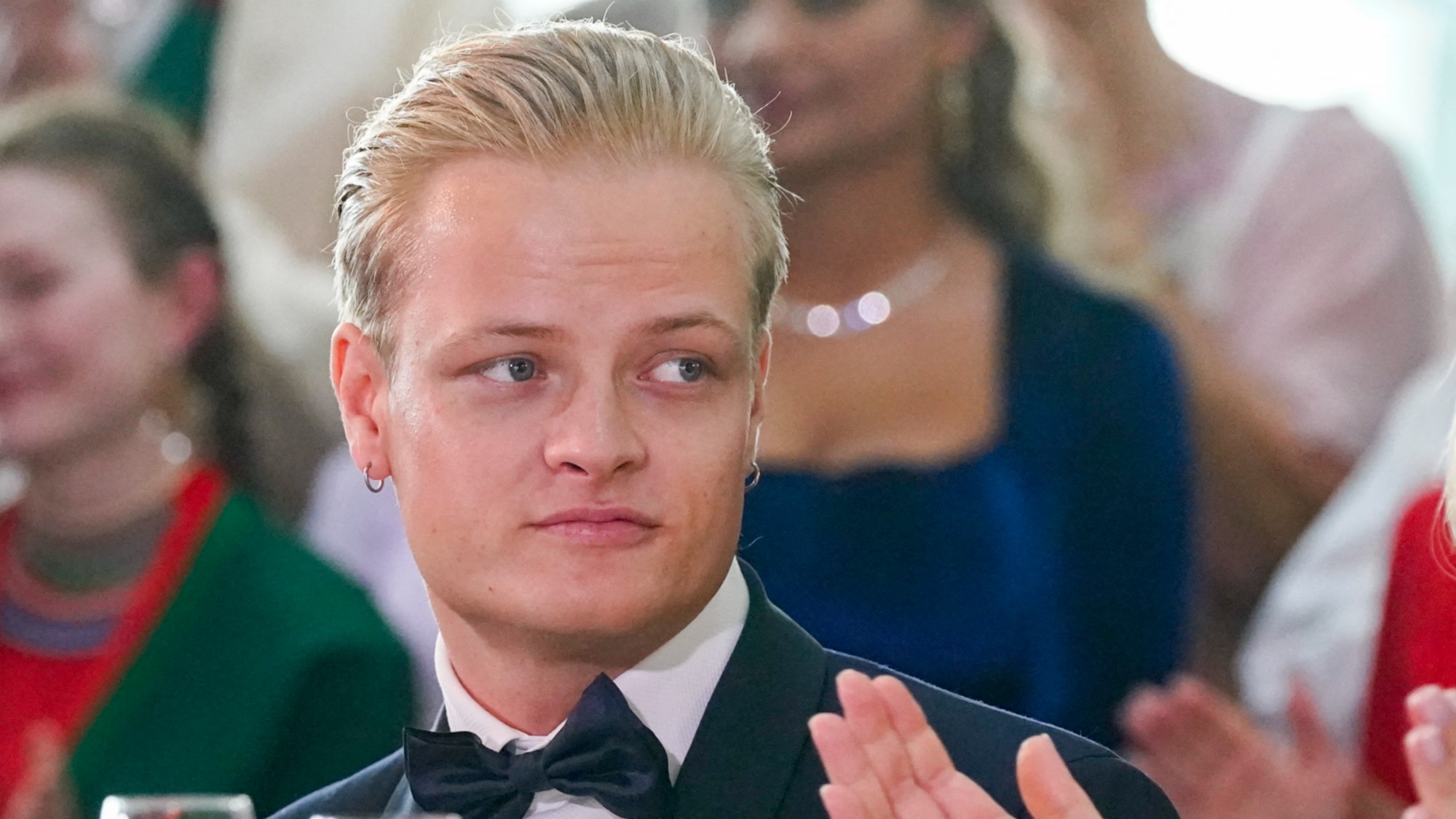 Norway’s scandal-hit royals
Norway’s scandal-hit royalsIn the Spotlight Rape trial of Marius Borg Høiby, son of the crown princess, adds to royal family's ‘already considerable woes’
-
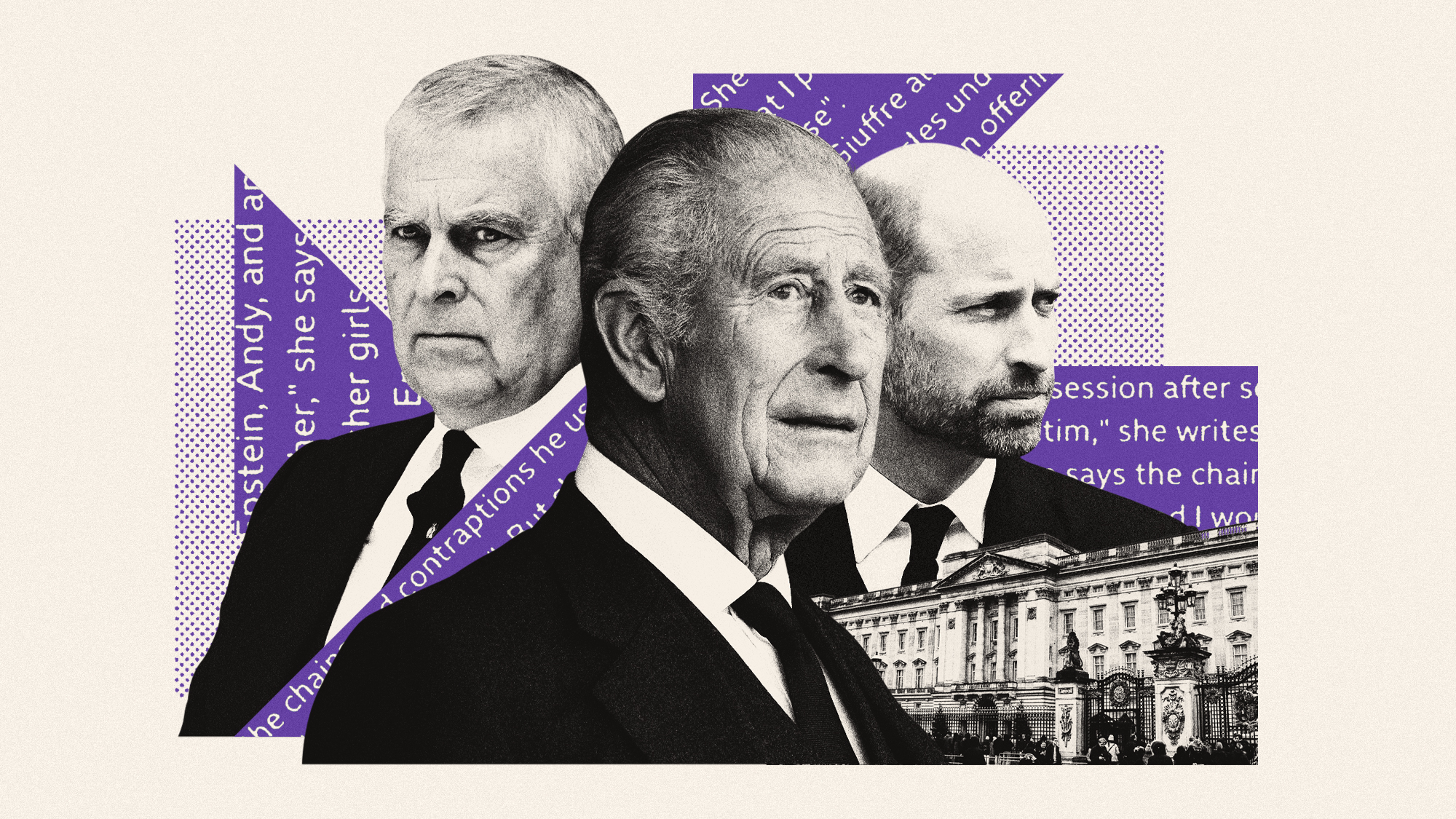 Prince Andrew: is the royal family doing enough?
Prince Andrew: is the royal family doing enough?Today’s Big Question King Charles faces calls for tougher action against Andrew after latest allegations about Virginia Giuffre and Jeffrey Epstein
-
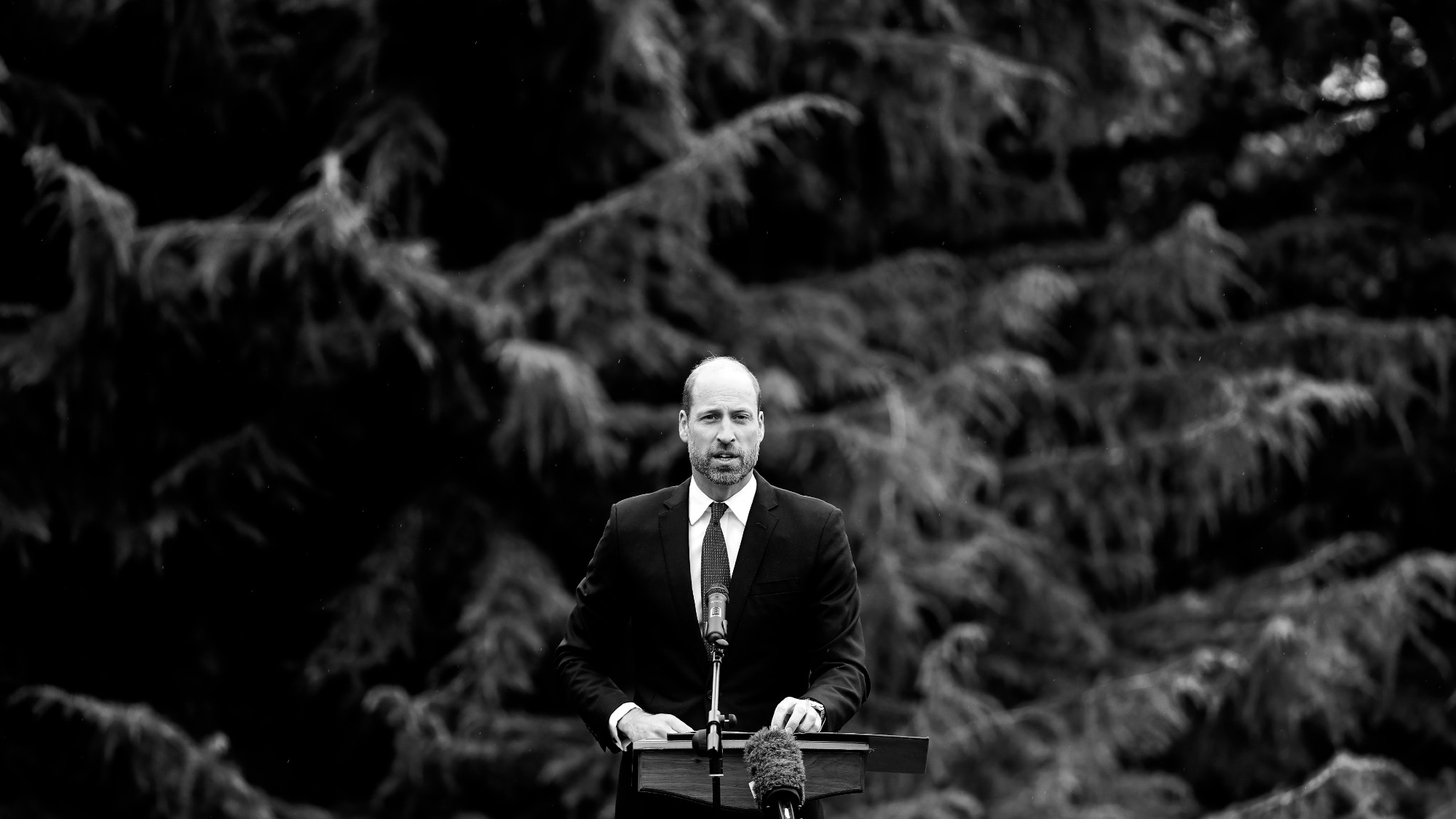 What will William be like as king?
What will William be like as king?Today's Big Question Prince of Wales said he won’t be ‘restricted’ by history when he takes the throne
-
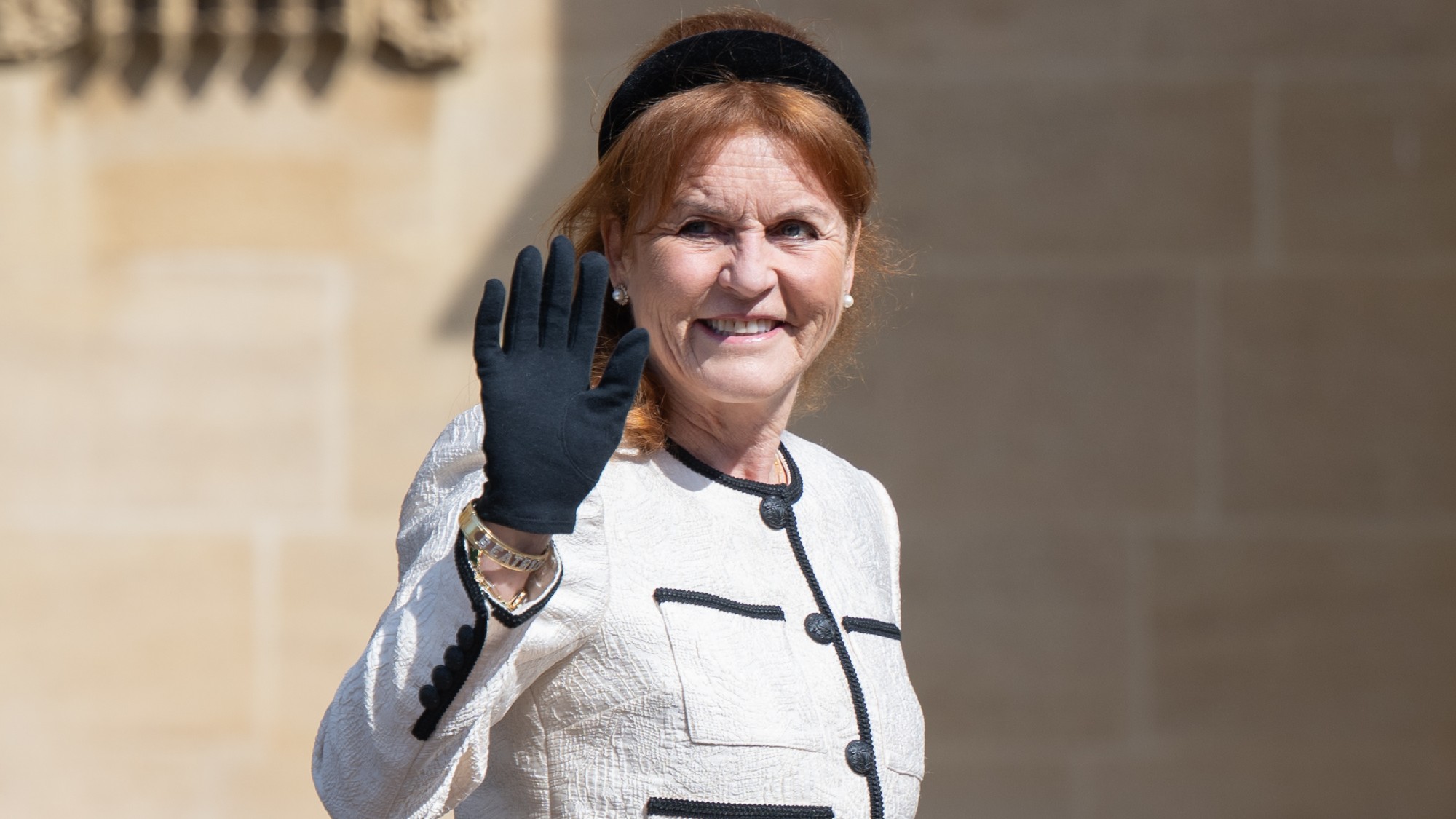 Sarah Ferguson: a reputation in tatters
Sarah Ferguson: a reputation in tattersIn the Spotlight After emails surfaced revealing ties to Jeffrey Epstein, weeks after she claimed to cut contact, her charities are running for the hills
-
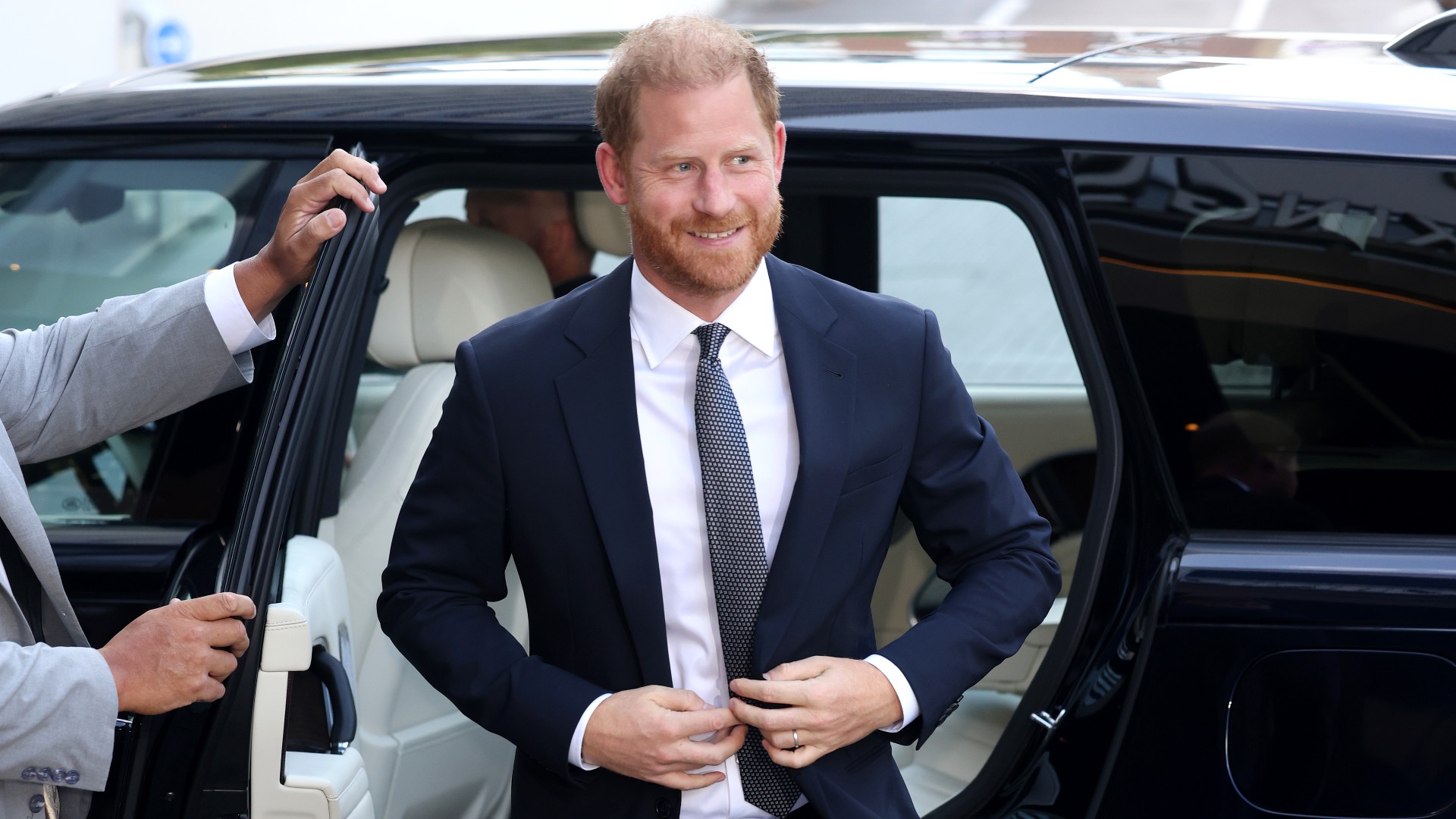 Prince charming: Harry’s tea with King sparks royal reconciliation rumours
Prince charming: Harry’s tea with King sparks royal reconciliation rumoursTalking Point Are the royals – and the UK public – ready to welcome the Duke of Sussex back in?
-
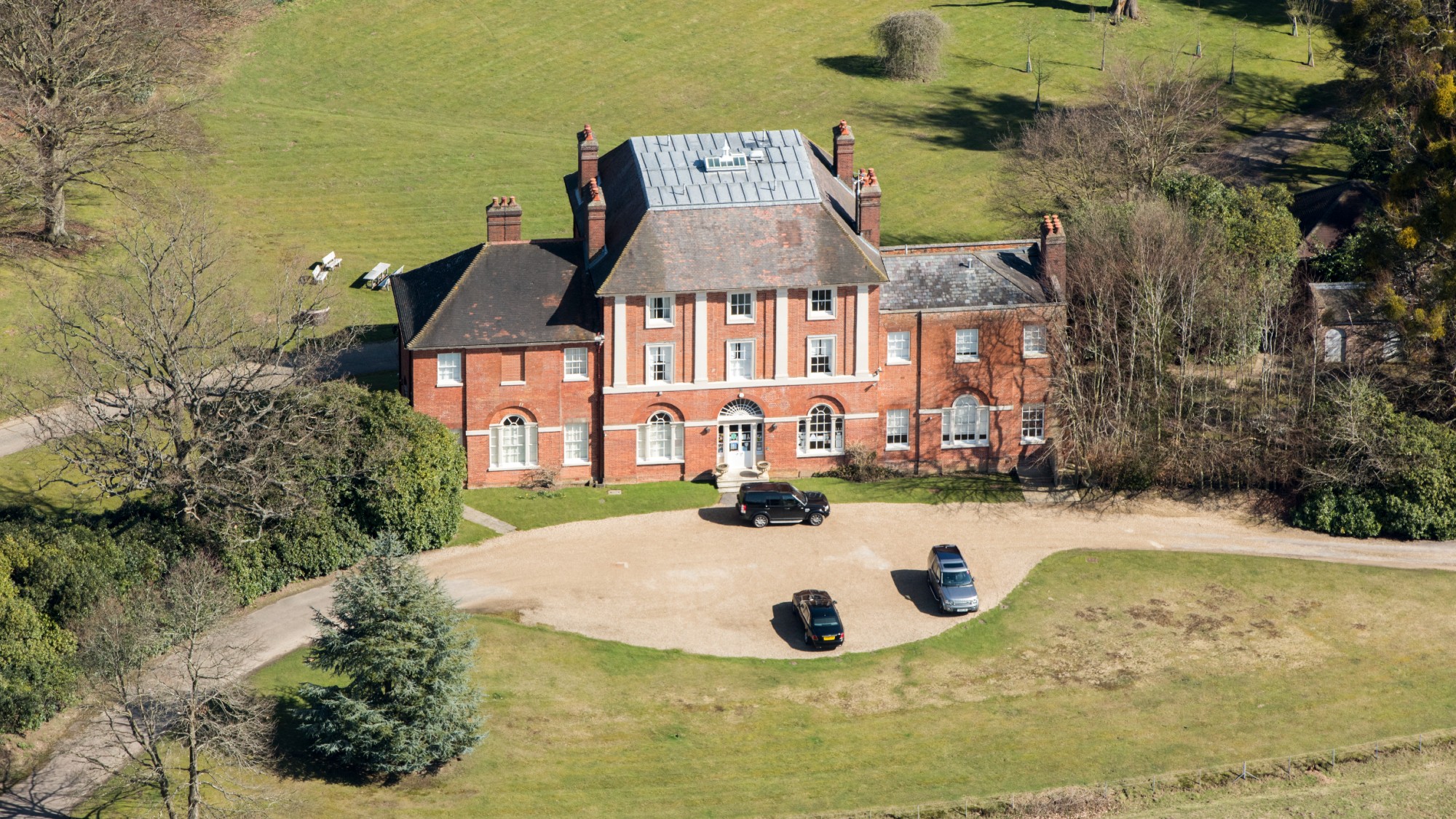 Forest Lodge: William and Kate's new home breaks with royal tradition
Forest Lodge: William and Kate's new home breaks with royal traditionIn the Spotlight Wales' said to hope move to 'forever home' in Windsor Great Park will 'leave unhappy memories behind'
-
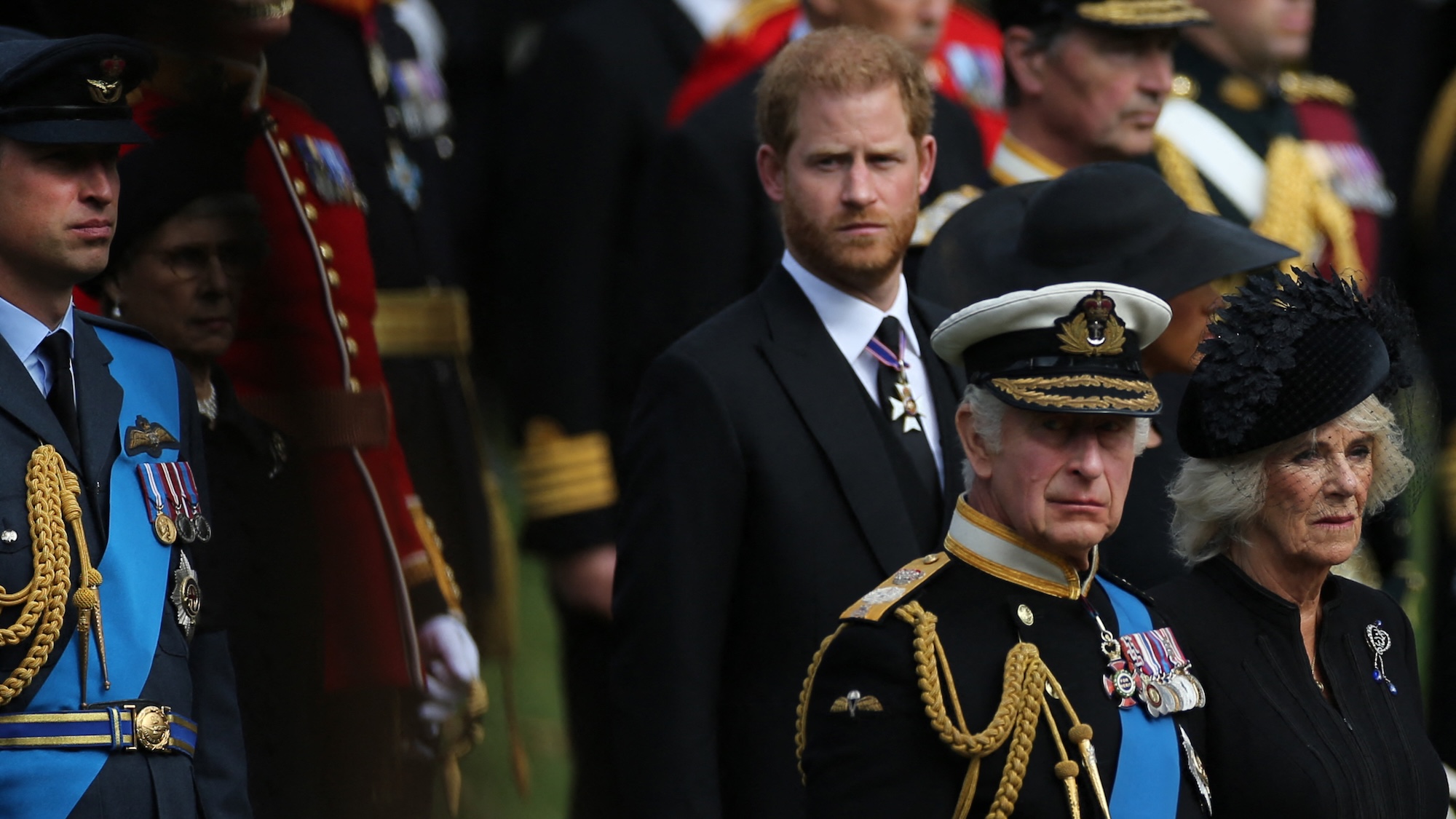 King Charles and Prince Harry: peace in our time?
King Charles and Prince Harry: peace in our time?Talking Point Leaked images of a secret meeting between royal aides suggest a dialogue is beginning to open up